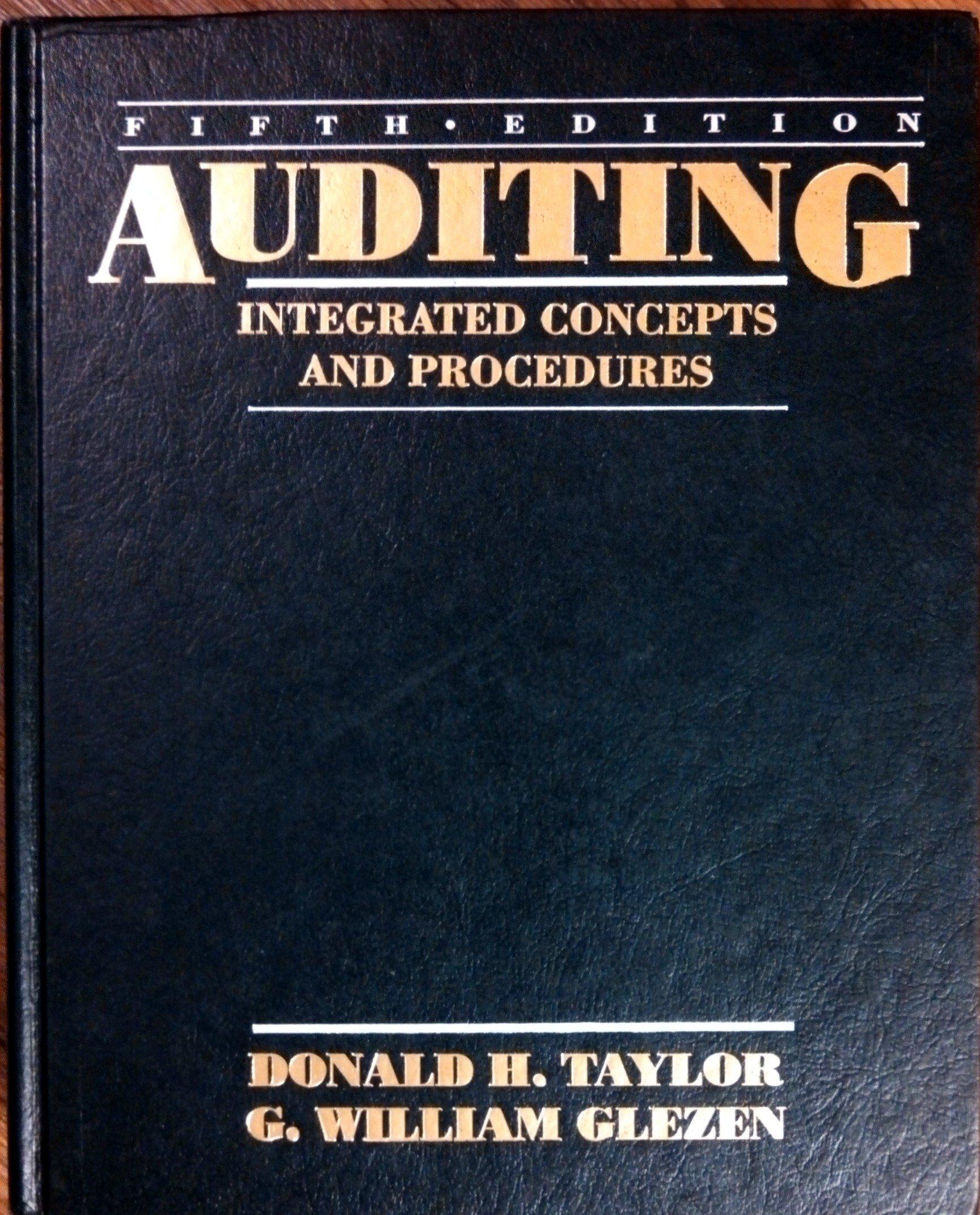Use and Dispose Company was organized to manufacture and sell inexpensive golf clubs that can be used
Question:
Use and Dispose Company was organized to manufacture and sell inexpensive golf clubs that can be used during the golf round and then thrown away at the end of the round. In order to “keep the business in the family” the company never offered its stock to the public, thus avoiding the jurisdiction of the Securities and Exchange Commission.
The company was unable to sell much capital stock, but was successful in obtaining bank loans from several banks. Use and Dispose Company was able to obtain several bank loans without the knowledge of other banks. However, pre¬ mium interest rates were charged on each loan.
Business was not particularly good in the first two years because most golfers preferred to play several rounds of golf with the same golf clubs. But the officers of the company were not discouraged and decided to renew all of their loans with each bank.
To the surprise of the officers, each bank asked for audited financial state¬ ments before making the decision to renew or call in the loans. The officers inquired of several CPAs about an audit, but the fees were either too high or the officers believed that the CPAs would be “too nosey.” Finally, they found a CPA who would be willing to conduct the audit for a low fee. Conversations with the CPA led them to believe that he would “cooperate.”
During the course of the audit, the CPA found a large receivable entitled “Receivables from Country Clubs.” When the CPA asked for documentary evi¬ dence to support this receivable, the controller indicated that extensive conversa¬ tions had been held with many country clubs and they had made “oral arrange¬ ments” to sell the disposable golf clubs to these organizations.
The CPA was a bit suspicious and decided to confirm the receivables with each country club. He was careless, however, and allowed the confirmation let¬ ters to be taken by the controller, who, in turn, signed them and mailed them back to the auditor as if they were legitimate confirmation replies. Each bank relied on the audited financial statements and extended the loans. The auditor did not know any of the banks, but he had reason to believe that Use and Dispose Company would submit the audited financial statements to creditors with whom the company had done business since it was organized.
In addition, an individual, unknown to the auditor, purchased capital stock in the company, relying on the audited financial statements to make the decision.
Within a year. Use and Dispose Company declared bankruptcy and was unable to repay any of the loans or return any money to the recent investor in capital stock. Each of the banks and the stock investor sued the CPA for ordinary negligence under common law.
Required:
Write a brief paragraph indicating the probable outcome of the lawsuit for (1) the banks and (2) the stock investor assuming each of these five situations (provide reasons for your opinions):
a. The only common law case that is used as a precedent in the lawsuit is the Ultramares case.
b. In addition to the Ultramares case, the C.I.T. Financial Corporation case also is used as a precedent in the lawsuit.
c. In addition to the Ultramares and the C.I.T. Financial Corporation cases, the Rusch Factors case also is used as a precedent in the lawsuit.
d. In addition to the Ultramares, the C.I.T. Financial Corporation, and the Rusch Factors cases, the Rosenblum case also is used as a precedent in the lawsuit.
e. In addition to the cases listed in d., the Credit Alliance case also is used as a precedent in the lawsuit.
Step by Step Answer:

Auditing Integrated Concepts And Procedures
ISBN: 9781260299397
5th Edition
Authors: Donald H. Taylor, G. William Glezen





